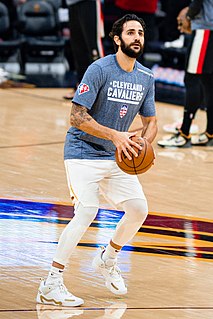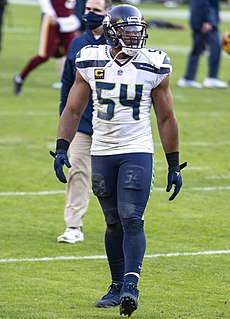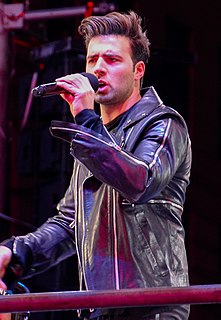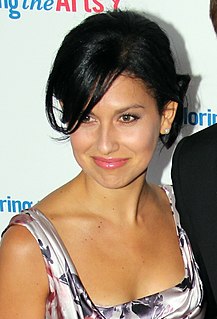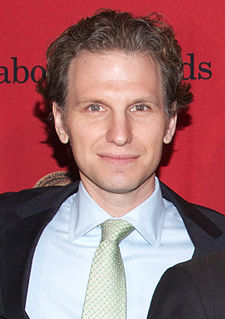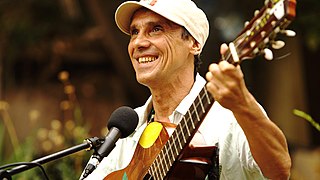A Quote by Pat Mora
I will never know what it's like to have only one language in my head. I have the pleasure of being able to move back and forth between Spanish and English, and I incorporate both languages in my books.
Related Quotes
I think it's good for anybody to learn languages. Americans are particularly limited in that way. Europeans less so... We're beginning to have Spanish move in on English in the states because of all the people coming from Hispanic countries... and we're beginning to learn some Spanish. And I think that's a good thing... Only having one language is very limiting... You get to think that's the way the human race is made; there's only one language worth speaking... Well, this isn't good for English.
You know, I was a kid who had difficulty speaking English when I first immigrated. But in my head, when I read a book, I spoke English perfectly. No one could correct my Spanish. And I think that I retreated to books as a way, you know, to be, like, masterful in a language that was really difficult for me for many years.
We were doing the same thing. We will never have "a" Chicano English or Spanish because of regional differences. But I think that because of our bilingual history, we'll always be speaking a special kind of English and Spanish. What we do have to do is fight for the right to use those two languages in the way that it serves us. Nuevo-mexicanos have done it very well for hundreds of years, inventing words where they don't have them. I think the future of our language is where we claim our bilingualism for its utility.
I work in Hebrew. Hebrew is deeply inspired by other languages. Not now, for the last three thousand years, Hebrew has been penetrated and fertilized by ancient Semitic languages - by Aramaic, by Greek, by Latin, by Arabic, by Yiddish, by Latino, by German, by Russian, by English, I could go on and on. It's very much like English. The English language took in many many fertilizations, many many genes, from other languages, from foreign languages - Latin, French, Nordic languages, German, Scandinavian languages. Every language has influences and is an influence.
Of course my books are translated into many languages. I have here, in my home, translations on my shelf of my books into forty-five different languages. Almost none of them I can read. I can read only the English editions. But, I know that a translation of a work of literature is like playing a violin concerto on the piano. You can do this. You can do this very successfully on one strict condition: never try to force the piano to produce the sounds of the violin. This will be grotesque. So, different musical instruments provide for different music.
I spent ten years in London; I trained there. But because I started in English, it kind of feels the most natural to me, to act in English, which is a strange thing. My language is Spanish; I grew up in Argentina. I speak to my family in Spanish, but if you were to ask me what language I connect with, it'd be English in some weird way.
You never know what little idea or joke, what flame flickering really quickly, will become a song. That first idea, it can come any time. If it's in Spanish, you go on in Spanish. If it's in French, French. If it's in English, English. Or Portuguese. I'll try to do my best. I like Italian, though I don't speak it much.





